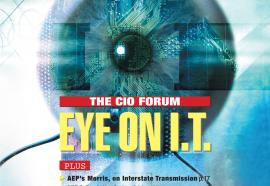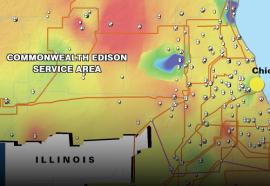A Capital Problem: Financing the Next Big Build
As rate disallowances become more commonplace and capital requirements expand, infrastructure development will come with a higher price tag.
As the industry’s regulatory risks and capital requirements expand, financing will come with a higher price tag—and another cost pressure in the ratemaking process.










